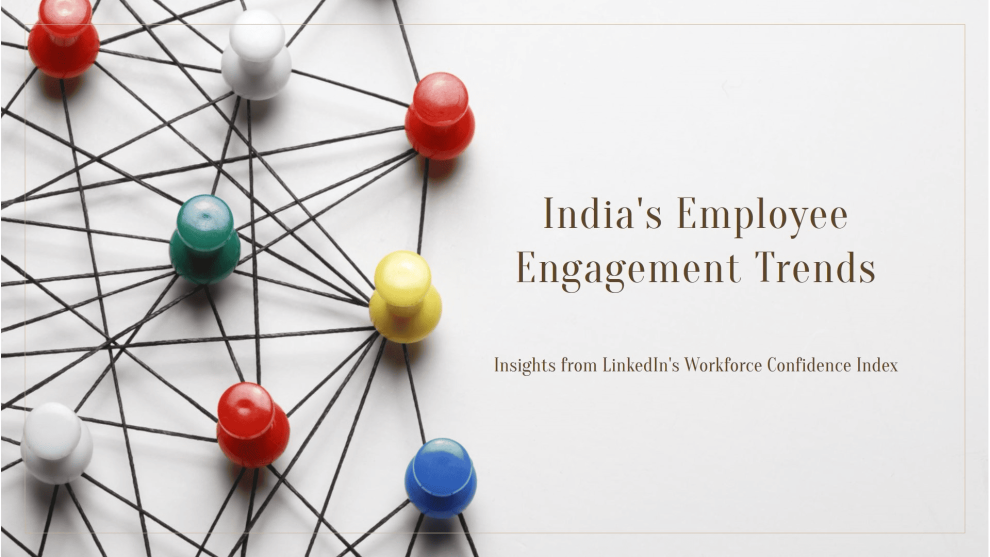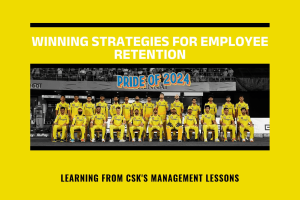In today’s fast-paced world, employees are facing increasing demands at work, leading many to feel the need to stay connected even when they take time off. The latest data from LinkedIn’s Workforce Confidence Index (WCI) reveals a fascinating trend among Indian employees that highlights the ongoing intersection of work and personal life.
70% of Indian Employees Stay Connected During Time Off
According to LinkedIn’s most recent Workforce Confidence Index, around 70% of Indian employees admit to checking in with their work during their time off. This indicates a strong culture of overwork or a blurring of work-life boundaries, which has become more common as industries evolve and digital workspaces thrive.
While this may seem surprising to some, it’s indicative of a deeper issue: many employees feel the pressure to remain available even when they are supposed to be off the clock. The reasons behind this are varied, but key factors include:
- Workplace Culture: Some organizations expect continuous availability, leading employees to feel obligated to respond to work matters during off-hours.
- Job Security: For many employees, staying connected to work, even when on leave, is seen as a way to demonstrate commitment and avoid falling behind.
- Technological Advancements: With smartphones and constant connectivity, it’s easier than ever to check in, even when on vacation.
The Shift Toward Unplugging: 30% Plan to Completely Disconnect
Interestingly, the data also reveals that about 30% of Indian employees are planning to take time off and completely unplug in the coming months. This marks a shift toward prioritizing mental health and work-life balance.
What this shift means for employees:
- Burnout Prevention: Many employees are recognizing the importance of truly disconnecting to recharge, particularly in high-pressure industries.
- Increased Awareness of Mental Health: There is growing awareness of how burnout impacts productivity, and employees are increasingly seeking time to step away and focus on their well-being.
LinkedIn’s Workforce Confidence Index: Understanding the Methodology
The Workforce Confidence Index (WCI) is an essential tool for understanding global workforce trends. LinkedIn’s approach involves distributing a quantitative online survey to its global members every day. These surveys are aggregated every two weeks to provide valuable insights into various aspects of employment, including employee confidence, job satisfaction, and work-life balance.
However, it’s important to note that the WCI results reflect the experiences and views of LinkedIn’s members, and variances between this group and the overall market population may not always be accounted for.
Key Takeaways and Trends for Indian Workforce
The findings from LinkedIn’s Workforce Confidence Index provide crucial insights into the evolving dynamics of the Indian workforce:
- Connectivity and Overwork Culture: A significant proportion of employees feel the need to stay connected to work even during time off.
- A Desire for Unplugging: Despite the pressure to remain always available, a growing number of employees are planning to take complete breaks from work in the near future.
- Impact on Mental Health: More employees are acknowledging the importance of taking time off to prevent burnout and improve their productivity.
The Future of India’s Workforce
With a clear divide between those who prefer to stay connected and those aiming to fully disconnect, it’s evident that the future of work in India lies in finding a balance. As workplace trends evolve, companies will need to consider employee well-being as a top priority. Integrating more flexibility, offering proper mental health support, and cultivating a healthier work environment will be key factors for businesses to thrive.
Conclusion: A Changing Work Culture in India
The latest data from LinkedIn’s Workforce Confidence Index offers an invaluable snapshot of the ongoing shifts in India’s workforce. As employees continue to navigate between staying connected and taking time to recharge, it’s clear that work-life balance is no longer a luxury—it’s an essential aspect of a productive and healthy work environment.












Add Comment